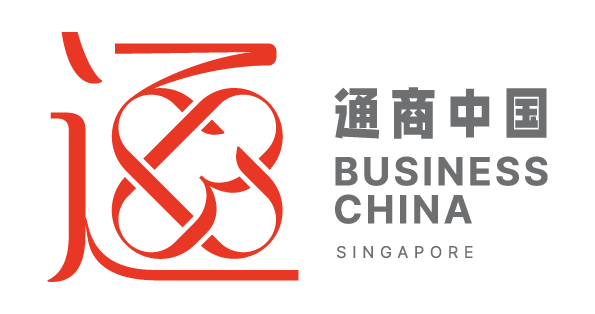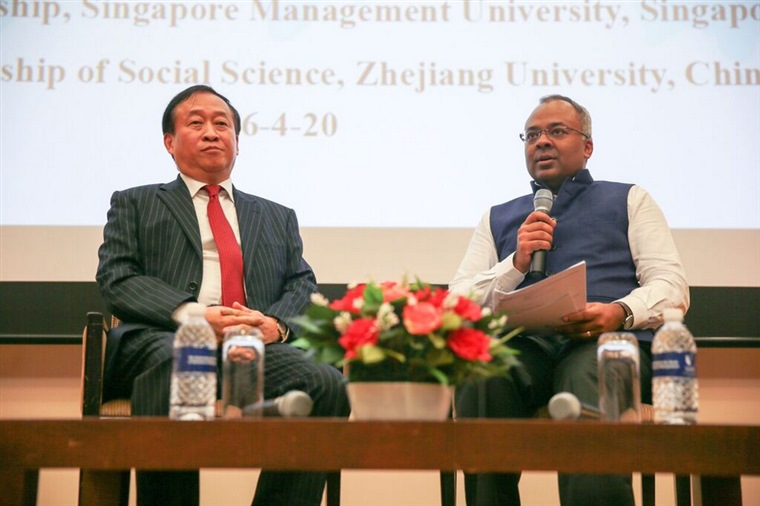Three Strategies for Developing an Entrepreneurial and Innovative Community: Research and Business Experiences from China
The 2016 Ho Bee Professorship in Chinese Economy and Business Public Lecture was held on 20 April at the Singapore Management University (SMU), attracting more than 100 guests in attendance. Dr Wang Zhongming, currently holding the Ho Bee Professorship, shared his insights on building an innovative and entrepreneurial community in an emerging economy.
Dr Wang, who is also Professor of Industrial and Organisational Psychology at Zhejiang University, proposed three fundamental strategies for developing an entrepreneurial community, namely: Entrepreneurial Thinking Strategy (ETS), Entrepreneurial Competence Strategy (ECS) and Entrepreneurial Action Strategy (EAS) and how these strategies have been successfully applied in China to encourage entrepreneurship and innovation.
Firstly, Dr Wang elaborated on Entrepreneurial Thinking Strategy (ETS), which includes five dimensions: critical thinking, responsible thinking, cooperative thinking, constructive thinking and service thinking. He used the case study of White Horse Community Village in Hangzhou to illustrate how the strategy was used to transform and develop an entrepreneurial and innovative community.
Dr Wang also shared the examples of community makerspace development in Beijing’s Zhongguancun district and Enjoyer in Zhejiang to describe how Entrepreneurial Competence Strategy (ECS) is used to actively facilitate the construction of an entrepreneurial and innovative community.
Lastly, Dr Wang used the example of Tianneng Power in Zhejiang Province to demonstrate the success of Entrepreneurial Action Strategy (EAS). He also elaborated on the challenges faced during the process of transforming from a heavily polluted business to a clean energy and green community.
The highly interactive panel discussion and Q&A session chaired by Professor Gerry George, Dean and Professor of Innovation and Entrepreneurship at the Lee Kong Chian School of Business, SMU, attracted many pertinent questions from attendees, including lessons to be learnt from Silicon Valley and how the proposed strategies could be applied to other rural areas in China.
The Ho Bee Professorship in Chinese Economy and Business is SMU’s first professorial chair to provide the opportunity for a distinguished visiting professor to advance education and research in the area of Chinese entrepreneurship and business within the larger context of the Chinese economy. This Public Lecture is organised by SMU in partnership with Business China and generously supported by Ho Bee Land.

